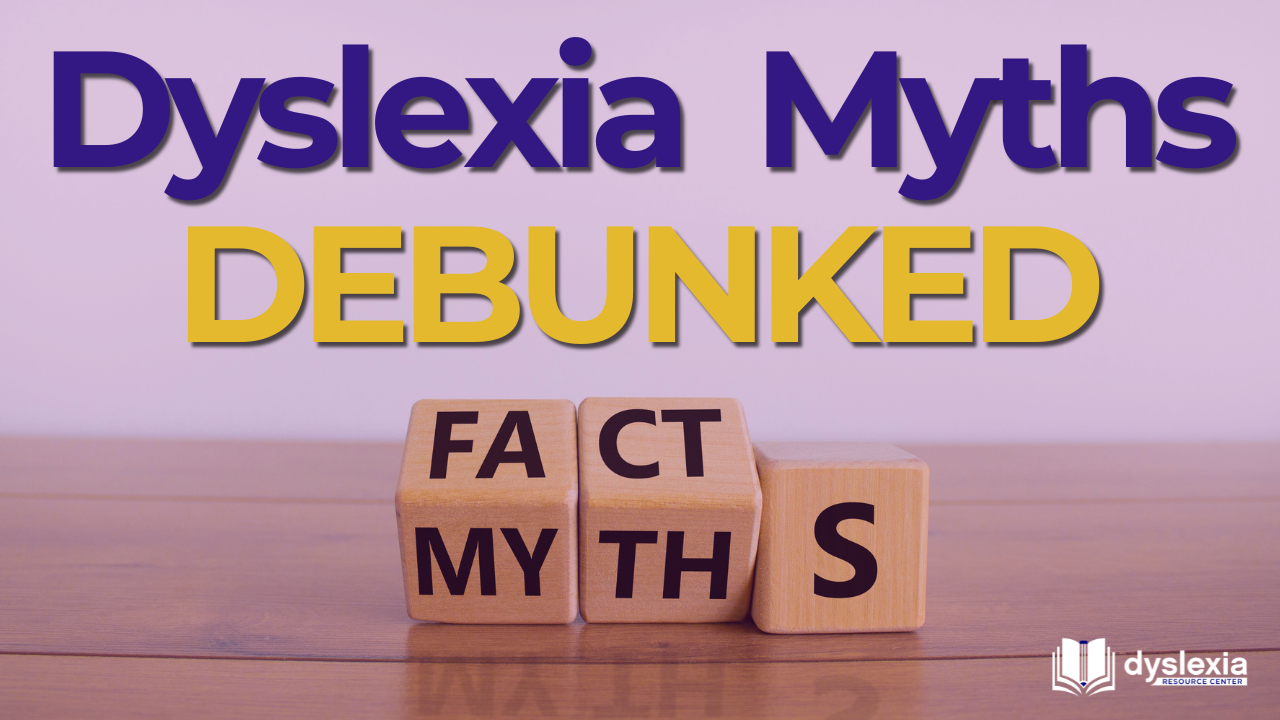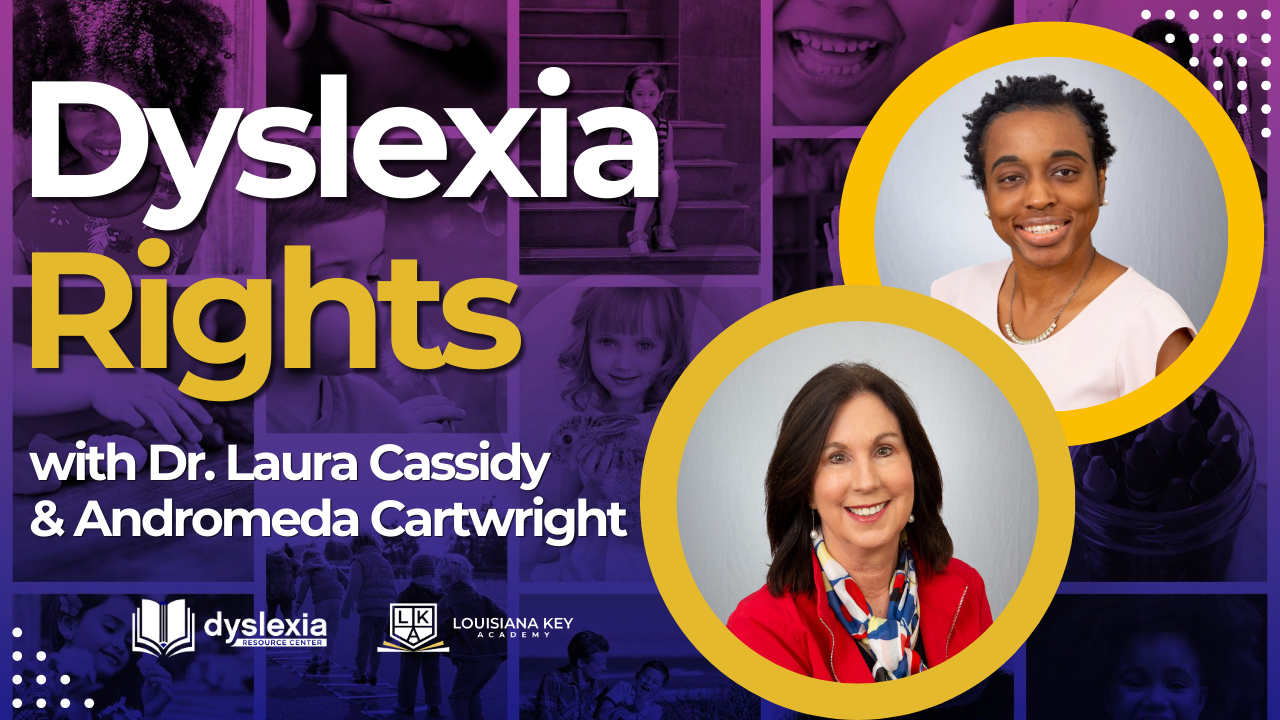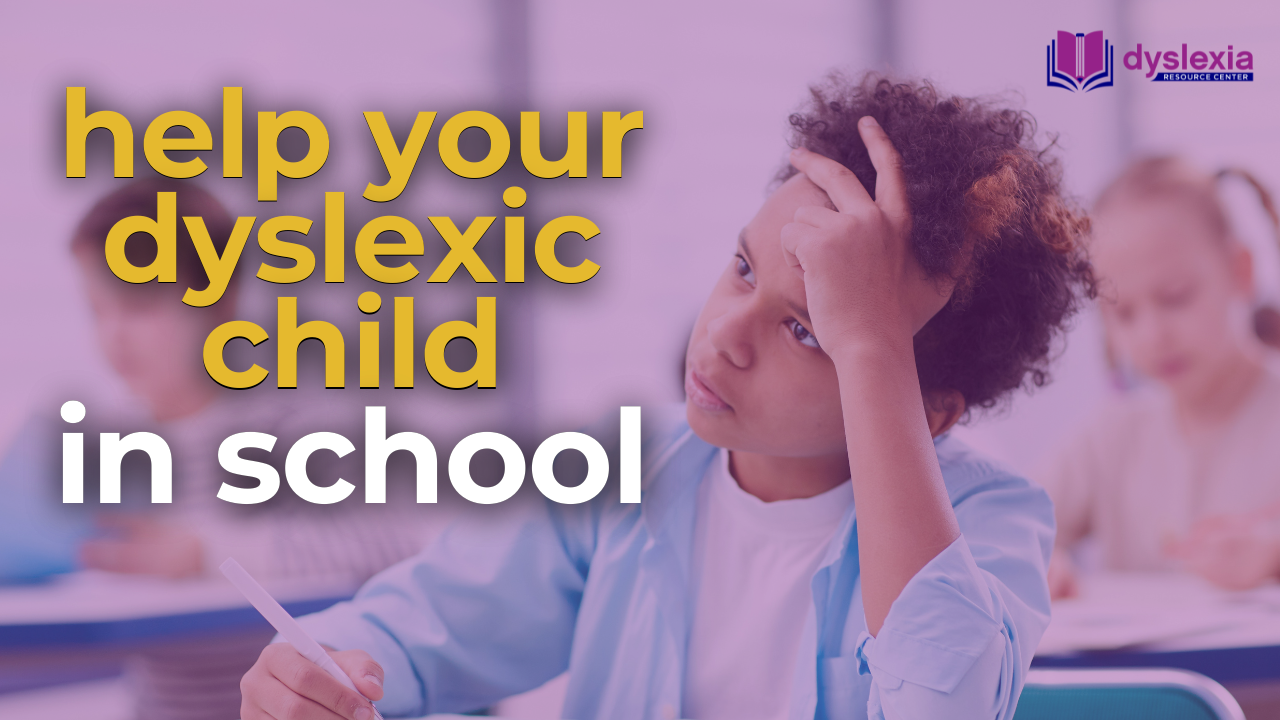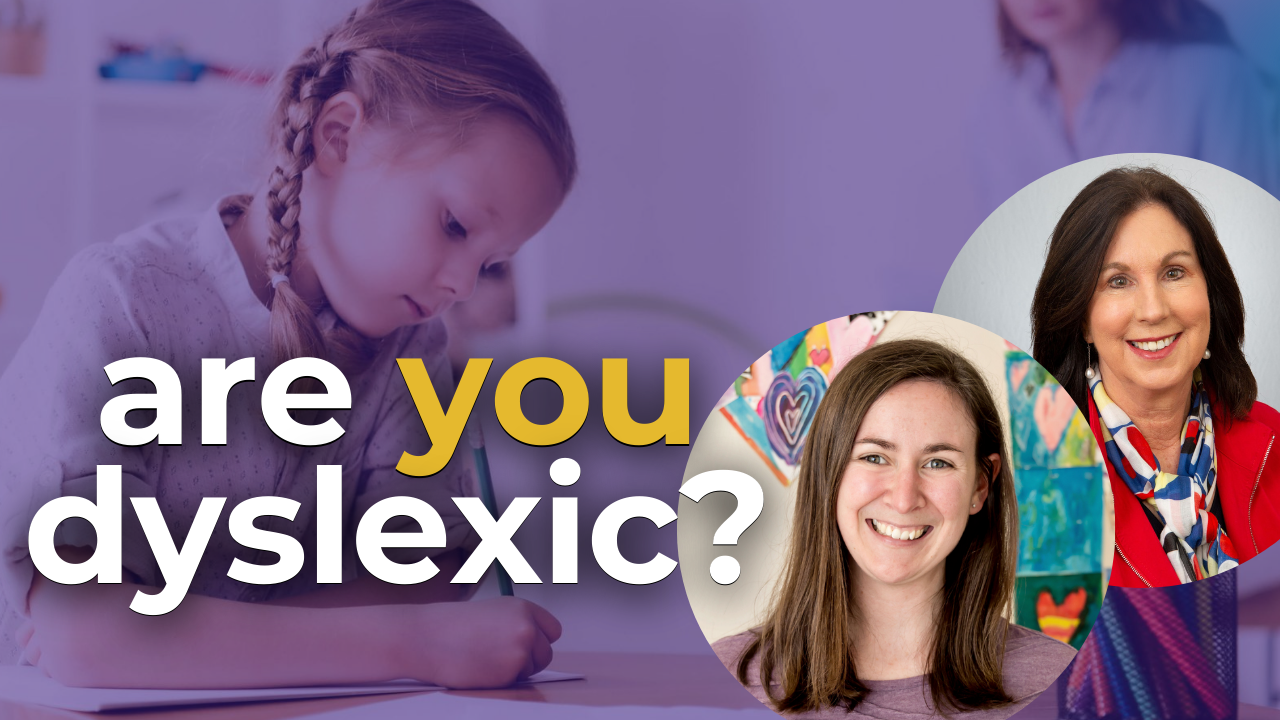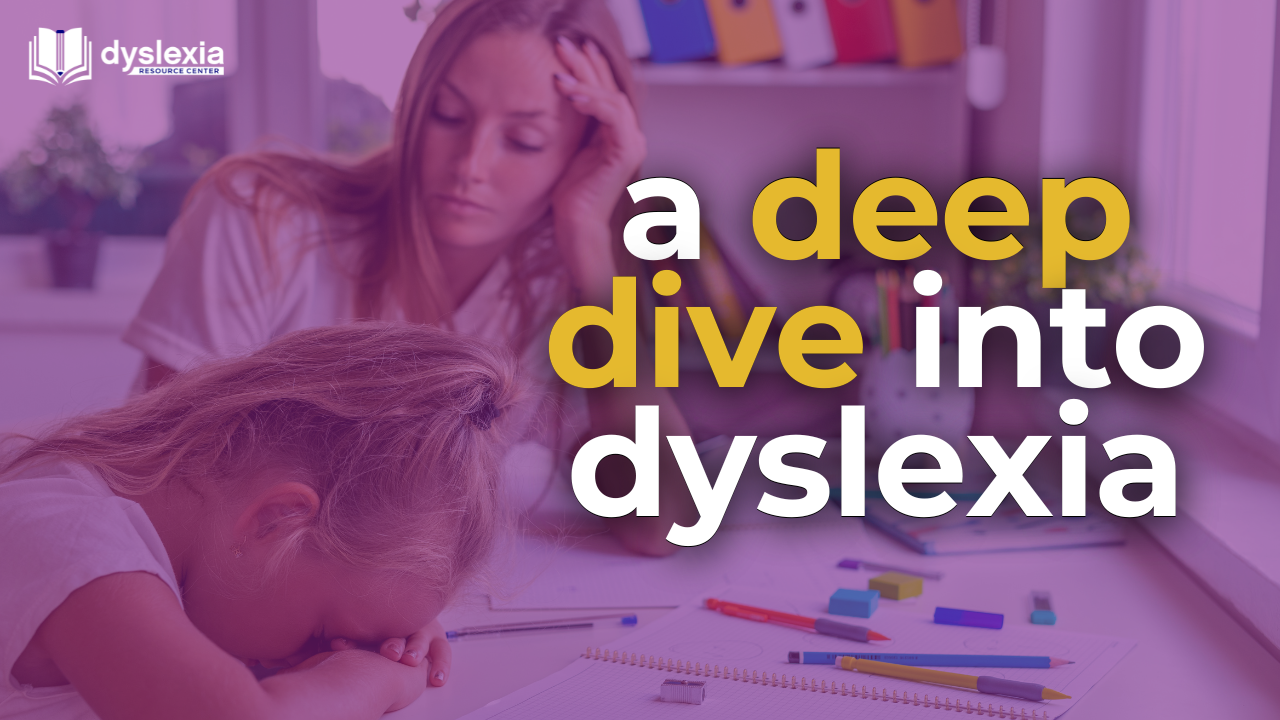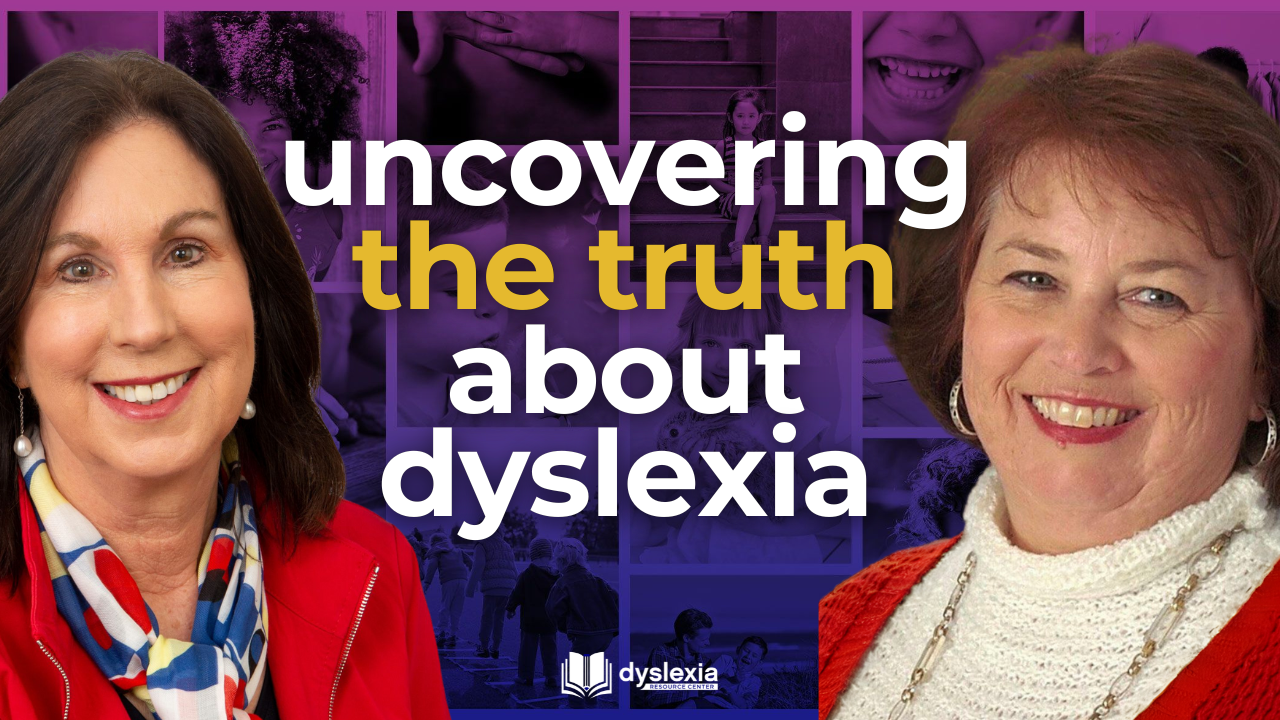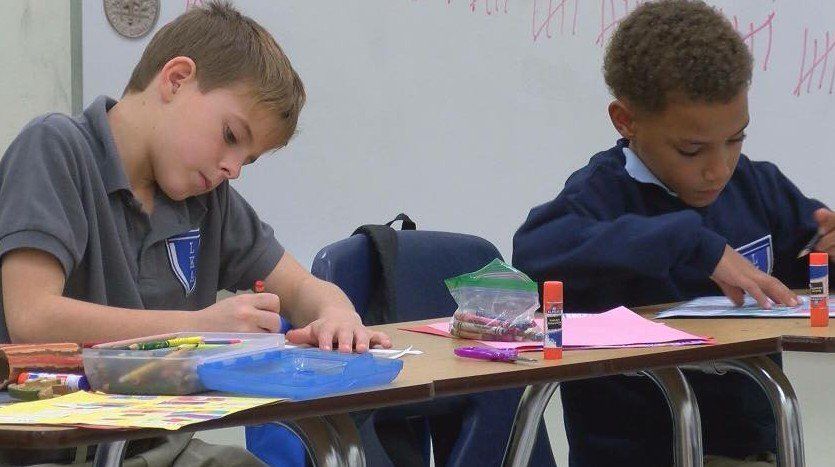Call Us (225) 384-5484
Dyslexia Awareness Month: Understanding What Dyslexia Is
Supporting your child with dyslexia in the classroom is an absolute must. We believe every child, including those with dyslexia, deserves a fair shot at academic success. The good news? With some fantastic strategies up our sleeves, we can help your child shine, even in the face of dyslexia's challenges. Check out these seven dynamite strategies for parents like you, who want to supercharge your dyslexic child's classroom experience!
We think you should be aware of the following to help the one in five with dyslexia.
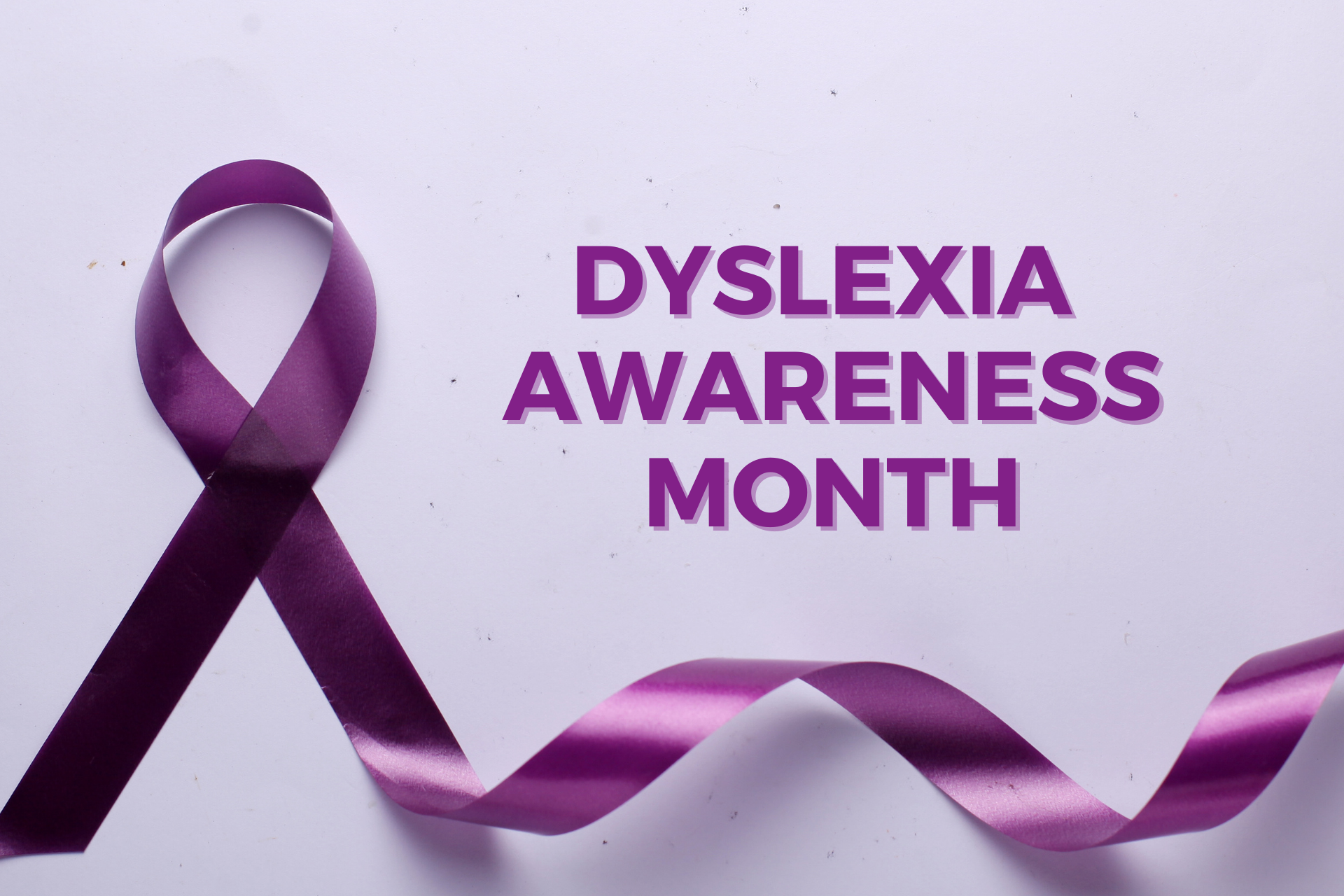
Dyslexia Awareness Month: Understanding What Dyslexia Is
Fundamental Aspects of Dyslexia
Dyslexia is an unexpected difficulty that affects an individual's ability to read, despite having the intelligence to be a proficient reader. It is caused by difficulties in phonological processing, which impairs the appreciation of individual sounds in spoken language, ultimately affecting speaking, reading, and spelling skills (Public Law 115-391).
But why is dyslexia unexpected?
Research has shown that in typical readers, there is a correlation between IQ and reading ability. However, in dyslexic readers, IQ and reading diverge. This means that dyslexic students possess average to above-average intelligence but struggle with reading.
Why is this?
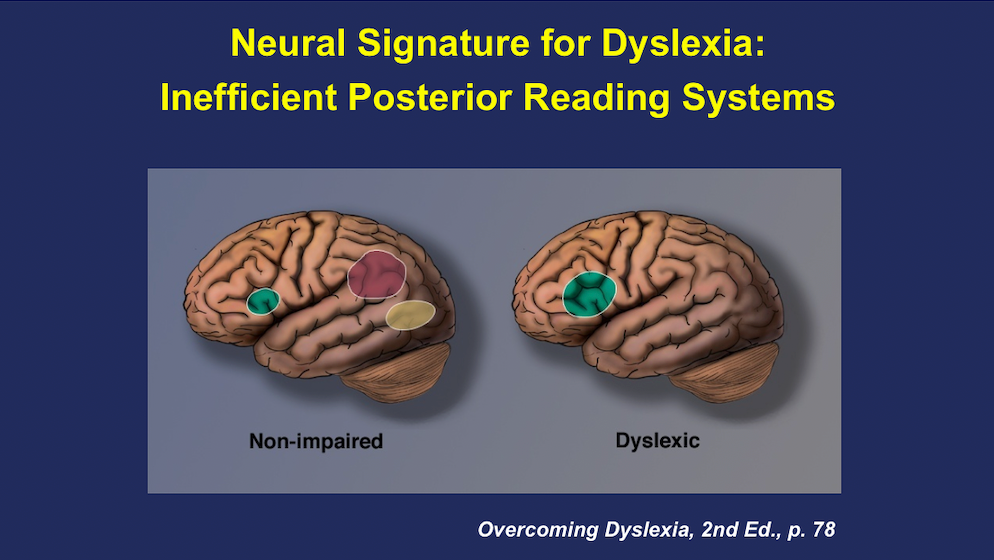
Functional Magnetic Resonance Imaging (fMRI) provides insight into the neural systems used by typical readers compared to dyslexic readers. The fMRI scans reveal that dyslexic readers do not utilize the posterior reading system highlighted in red and yellow on the left side of the brain. Instead, they rely on the anterior system on the right side. This inefficient use of brain systems results in reading becoming a slow and fatiguing process for dyslexic individuals.
So here we have smart students who are using the anterior region of their brain for reading but still struggling with phonological processing.
What does this mean?
How does one acquire reading skills?
Speaking comes naturally to us, but reading is a skill that needs to be acquired. The beginning reader must understand that words are not just a whole envelope of sound but are made up of multiple sounds within them. For example, the word "CAT" comprises three sounds: /k/ /aaa/ /t/. Children need to realize that words can be broken down into these individual sounds and then blended together.
Moreover, children must learn that the printed words in books correspond to the sounds of spoken language. This is known as the alphabetic principle. The ultimate goal is for children to learn how to sound out words rather than memorizing them. Ideally, this connection between the sounds of spoken words (phonemes) and the alphabet should be established as early as possible, preferably in kindergarten, to ensure that the necessary neural circuitry is in place.
However, dyslexic children often struggle with phonemic awareness, which is crucial for reading development. Rhyming, an early age skill that requires recognizing sounds in words, can pose difficulties for dyslexic children. These children need explicit instruction and support in understanding that words consist of parts that can be isolated and reassembled. Phonemic awareness sets the foundation for phonics instruction, where oral sounds are linked to corresponding letters and their sounds.
Dyslexic children benefit from structured and sequential instruction, such as an Orton-Gillingham curriculum. Additionally, reading aloud with gentle feedback can also enhance their reading skills during the early years.
Dyslexic students commonly exhibit unexpected challenges in reading, but it's important to recognize that these challenges extend beyond reading alone. Their use of a different neural system also impacts spelling, speaking, and writing abilities.
Due to difficulties with sound-symbol correlation, dyslexic students often struggle with spelling. While this may improve over time, dyslexic individuals may never become exceptional spellers. However, they can leverage technology to address this challenge effectively.
Word retrieval can also be problematic for dyslexic students, particularly if they experience anxiety. Connecting spoken words to written symbols requires additional mental effort and may result in delayed or incorrect word recall.
Writing poses another challenge as it involves linking sounds to symbols. Additionally, learning a foreign language can be particularly difficult for dyslexic individuals due to the introduction of new sound systems and letters.
Fostering Inclusiveness For Individuals With Dyslexia
Understanding dyslexia through the Sea of Strengths Model is crucial. There are many strengths that a dyslexic individual possesses including strong oral vocabulary, which aids in reading comprehension and showcases their understanding of complex concepts. When combined with their reasoning and critical thinking skills, dyslexic individuals have unique opportunities in various professions such as entrepreneurship, business leadership, entertainment, law, and medicine.
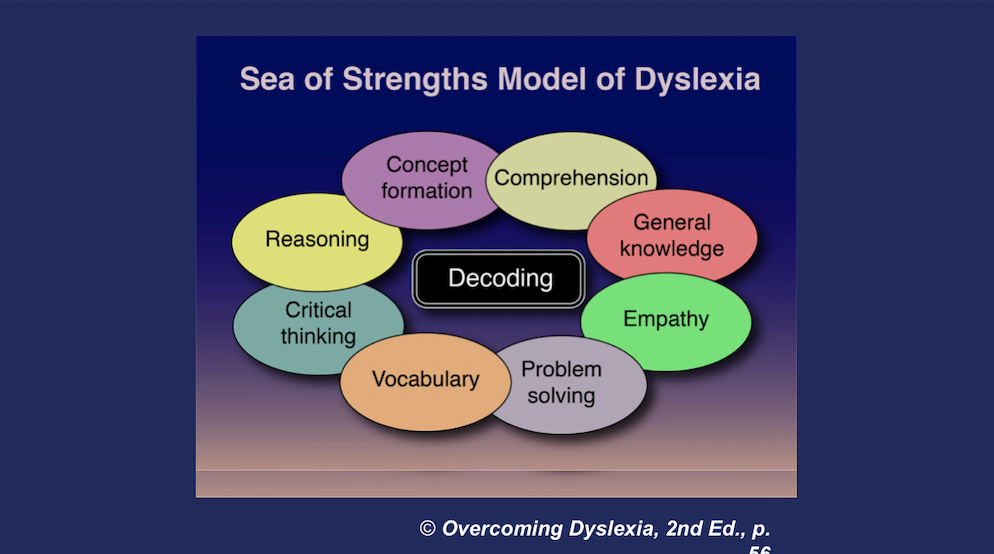
Follow along with us on our social media channels as we share more insight this month into Dyslexia Awareness Month!


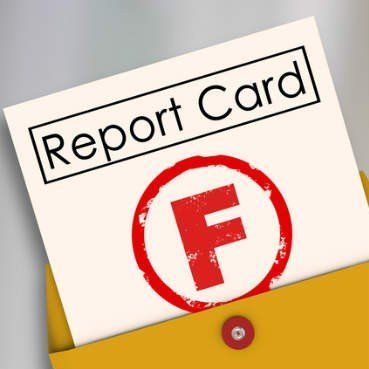
Quick Links
What is Dyslexia?
Dyslexia Services
WHO WE ARE?
The Dyslexia Resource Center was started by a group of concerned parents, medical doctors, and advocates who simply want everyone to know the truth about dyslexia, based on the most current science, and how that knowledge can translate into success in the classroom.
WHAT IS DYSLEXIA?
An unexpected difficulty in reading for an individual who has the intelligence to be a much better reader.
All Rights Reserved | Dyslexia Resource Center


